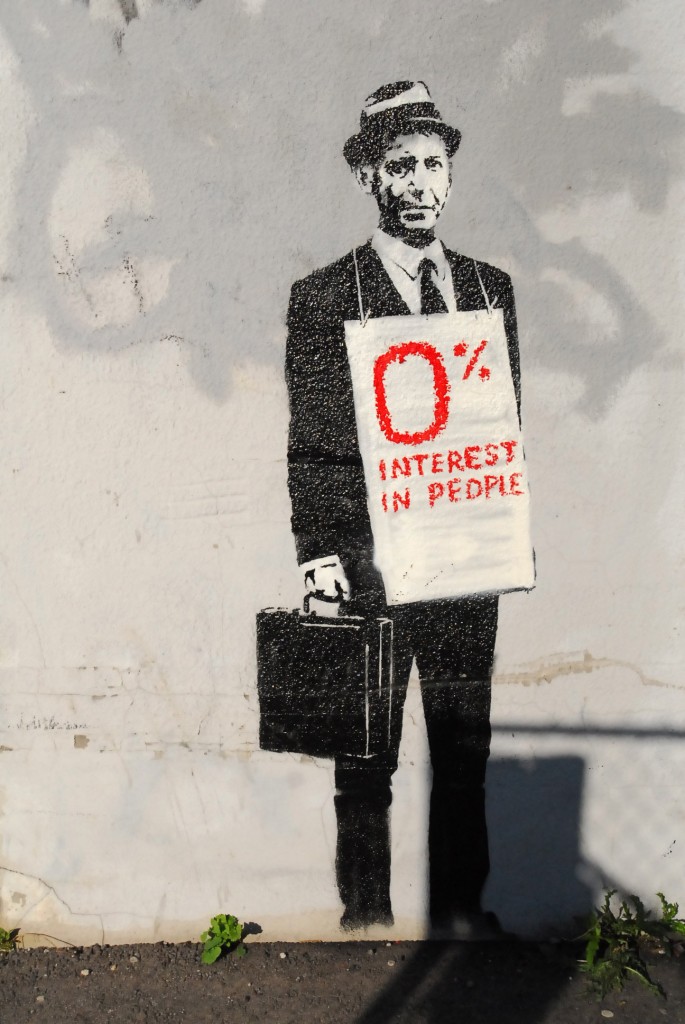Commentary
Italy needs a breakthrough tax on wealth, not luxury goods
If one were to increase the VAT rates on luxury goods, it would be necessary to also make sure that tax evasion, already at a very high level, won’t grow along with it.

The new majority and the partly new government, born after the self-immolation of the power-hungry Salvini, had, and still have, a quality that is entirely praiseworthy: namely, that they can keep away the threat of the Minister of Infernal Affairs assuming full power, at least for now. However, they also have severe limitations, which don’t allow us to wholeheartedly celebrate a major breakthrough—as can be seen from the debate on the proposed decree to adjust the budget law.
The combination of a number of off-limits issues and the fear of making decisions which could even remotely encourage the demagogic propaganda of the right is producing a general paralysis in terms of economic policy choices. The president of Confindustria is telling it like it is for once, saying he has no big expectations from the new budget. Even the secretary of the CISL is confessing that the famous “break” in terms of growth is nowhere to be found. CGIL is more generous, saying that the direction is right, but they are waiting for the numbers and the actual speed of any changes.
Nonetheless, the immediate context looks less dire than at other times. The dreaded spread is around 140 points, a 2.2% deficit seems like a victory already gained and the European Commission is preparing to give to our country extra flexibility worth €14 billion. It’s true, however, that the threat of a new worldwide recession is weighing heavily. We see this in the reversal in the yields of government bonds, with long-term yields surpassing short-term ones, and we see further confirmation in the tariff wars and clashing protectionist policies. Moreover, the German economy, together with the economies linked to it, is slipping from the role of driving force into recession. But it’s for this very reason that we should be able to seize this moment and dare something more.
Instead, we are understanding better and better why Renzi chose to split off, as he steps back into the limelight as the high priest of the choir preaching that “you can’t raise taxes”—when the crucial question we should be asking is “raise them for whom?” It’s enough to look at the discussion around revamping the VAT, which in the end came to nothing. The idea of working piecemeal and changing the rates for different sectors is not new. Minister Tria had already declared he was open to such measures, on the (wrong) assumption that indirect taxes are better than direct ones. Other influential voices have joined the choir as well, including from the field of left-wing economists, although admittedly the context is not the same. However, in order to prevent such a move from going overboard and causing the very opposite effects, it would be necessary to implement a set of actions and policies that could hardly be enacted under the yoke of the supervisors from Brussels.
If one were to increase the VAT rates on luxury goods, it would be necessary to also make sure that tax evasion, already at a very high level, won’t grow along with it. One would need to have a plan to ensure that the data collected electronically would not lie unused, but would be cross checked as needed to flush out tax evaders large and small. Unfortunately, tax evasion in Italy is not just about the massively wealthy, but is highly widespread, which also makes it difficult to fight.
It would be necessary for cross checks to be done without violating the current norms on the protection of privacy, amending these in the name of a higher interest. One would need to aim at the prevention of tax evasion in the first place, and not just at combating it. One would need a policy, not a mere bookkeeping operation. As all such initiatives are deliberately kept off limits, it was only to be expected that the government would fall back into the sterile approach of the VAT “clauses” to which we have been prisoners since 2011.
It’s the same for other items on the balance sheet, from healthcare to the tax wedge. The latter is set to be halved for the coming year, as if the increase in popular consumption was itself powerless to shake up a sluggish economy. Meanwhile, the reform of the hated “ticket” public healthcare co-pay system is running aground due to family income brackets, and will be subjected an annual ceiling. Not to mention the Green Economy, which should have been the innovative backbone of the new plans, but will instead be smothered in the crib due to the ridiculously low funding.
In the same vein, outlays are supposed to be covered by the fantasy-world scenario of the recovery of €7 billion from tax evasion. “Let’s hope that we’ll scrape by in the end” seems to be the motto of this budget adjustment decree. But the final assessment of the European Commission hasn’t even arrived yet. It’s just not possible to come up with a breakthrough expansion by patching things up here and there. Instead of increasing taxes on the purchases of mythical Lamborghinis while leaving everything else as before, one would need to think about asset-oriented measures, even extraordinary ones, targeting not consumption, but rather wealth, rents and sky-high profits, with an appropriate floor to keep low incomes unaffected.
But Gualtieri has already said no to all that. They are saying something like that would topple the government immediately. Indeed, it would—and this proves that there hasn’t been any real “breakthrough” after all.
Originally published at https://ilmanifesto.it/le-cattive-acque-delleconomia-e-la-manovra-speriamo-che-me-la-cavo/ on 2019-10-03
